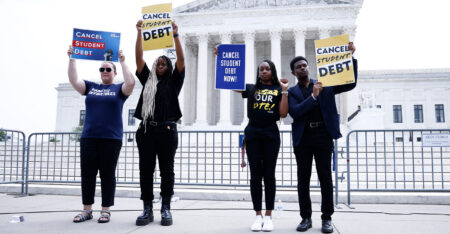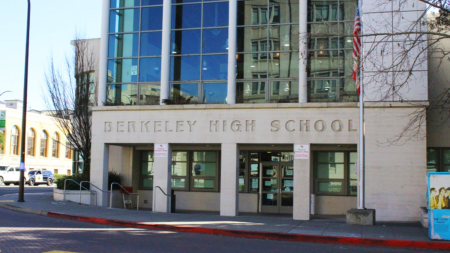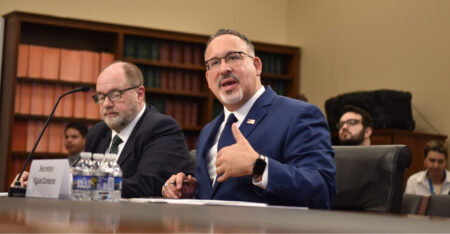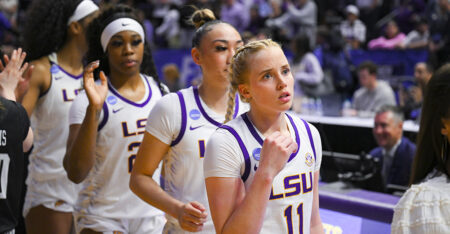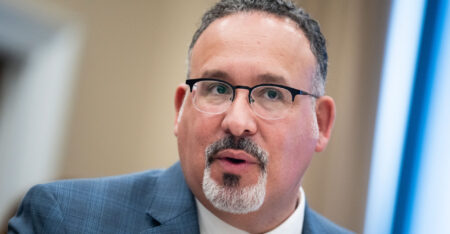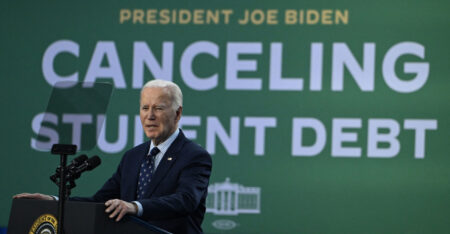The National Council of Teachers of English, a professional development organization, hosted remote training to instruct K-12 teachers on how to teach the controversial book “Gender Queer” in their “classrooms, libraries, and communities.”
The NCTE, which boasts 25,000 members around the United States, hosted a panel including “Gender Queer” author Maia Kobabe and an “LGBTQIA+ Advisory Committee” to discuss how to incorporate the pornographic book into school curriculum.
The National Council of Teachers of English described Kobabe and the other panelists for the Jan. 25 event as having “expertise in queer and trans pedagogies in schools and teacher education.”
Liberal and LGBTQ+ news outlets initially claimed that the book wasn’t taught in any classrooms, and many activists argued that “Gender Queer” was only a library book students could check out. Just two years later, it has become a celebrated necessity for gender-affirming teachers’ classroom instruction.
“Gender Queer,” published in the comic-book style of a graphic novel, is a memoir that depicts minors engaging in sexual acts as the author recalls exploring her sexuality— including her fantasy of a child giving oral sex to an elderly man.
While public school libraries and classrooms around the country have refused to remove “Gender Queer” for its inappropriate content (and lack of educational value), parents and activists have been cut off while reading excerpts aloud at school board meetings—with elected board members arguing that the content was inappropriate for such public reading.
Dozens of schools around the nation have banned the book from school grounds for its pornographic content. Several states have restricted lessons on sexuality and gender identity through the third grade.
The National Council of Teachers of English claims on its website that “recent waves of censorship and book banning” targeting Kobabe’s memoir are a result of parents “taking the work out of context.”
“Plenty of parents and journalists have found ‘Gender Queer’ in public school libraries,” Daniel Buck, a fellow at the Fordham Institute, told The Daily Signal. “Here we see that many teachers are encouraged to go yet a step further and actively teach sexually explicit books as part of the approved curriculum.”
Last September, Kobabe admitted that her book isn’t appropriate for children, but has since returned to advising teachers on how to incorporate the graphic novel into their classrooms.
This isn’t the first time that the National Council of Teachers of English used its education platform as a bully pulpit for liberal activism.
In November, the NCTE began its annual convention with a nod to Hamas’ brutal terror attacks that killed over 1,200 in Israel the previous Oct. 7. The organization seemed to allude to the attacks as expressing “Palestinians’ right to self-determination and their rights in Gaza and the West Bank.”
The majority of the sessions at the convention weren’t about teaching English effectively, meeting state standards, or combating the crisis of illiteracy in the United States. Instead, the focus was on “using critical race theory” (which we were also told wasn’t used in schools), supporting “decolonization,” and calling for “an end to white mainstream English.”
Joe Goodson, a veteran public high school English teacher in Texas, has concerns about the NCTE’s education agenda. In a letter to The Texas Scorecard news site, Goodson described it as “an unhelpful agenda [complicating] our already difficult task.”
The National Council of Teachers of English didn’t respond to The Daily Signal’s request for comment by time of publication.
Read the full article here






